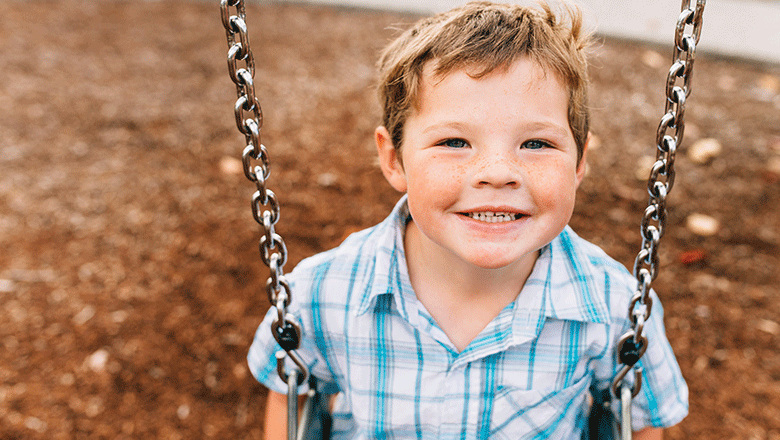Search
Research
Decoding Susceptibility to Respiratory Viral Infections and Asthma Inception in ChildrenHuman Respiratory Syncytial Virus and Human Rhinovirus are the most frequent cause of respiratory tract infections in infants and children and are major triggers of acute viral bronchiolitis, wheezing and asthma exacerbations.
Research
The development of a consensus statement for the prescription of powered wheelchair standing devices in Duchenne muscular dystrophyPURPOSE: To develop a consensus statement for the prescription of a Powered Wheelchair Standing Device (PWSD) in young people with Duchenne muscular dystrophy (DMD). MATERIALS AND METHODS: An international multidisciplinary panel comprising clinicians and users (young people with DMD) along with their parents was consulted. A literature review was undertaken and a Delphi method was utilised to generate consensus statements.
Research
Long-term economic outcomes for interventions in early childhood: protocol for a systematic reviewInvestment in early childhood produces positive returns: for the child, the family and the community.
Research
Investing in school readiness: A comparison of different early childhood education pathways in rural IndonesiaThis paper documents that children in rural Indonesia participate in a great variety of early childhood education pathways
Research
A population health approach in education to support children's early development: A Critical Interpretive SynthesisThe results from this review indicate that it would indeed be plausible to adapt the population health approach to sites and schools
Research
Patterns of multiple risk exposures for low receptive vocabulary growth 4-8 years in the Longitudinal Study of Australian ChildrenOur results demonstrate a range of multiple risk profiles in a population-representative sample of Australian children and highlight the mix of risk factors faced by children

News & Events
New research partnership to ensure no child gets left behindResearchers will track the progress of 12,000 children from birth to age five to identify what services are valuable to families to support the health and wellb
News & Events
Australian kids doing better in key development indicatorsAustralian 5 year olds are developing better than they were three years ago and have improved in most development indicators, according to the latest AEDI data.
News & Events
Telethon Institute joins international effort to improve early nutrition and long term healthThe Kids for Child Health Research will join more than 50 scientists from 36 research institutions around the world to improve early nutrition
News & Events
Telethon Institute researcher in nation's top tenHead of nutrition research at Perth's The Kids for Child Health Research named in the nation's top 10 health and medical researchers for 2010.
